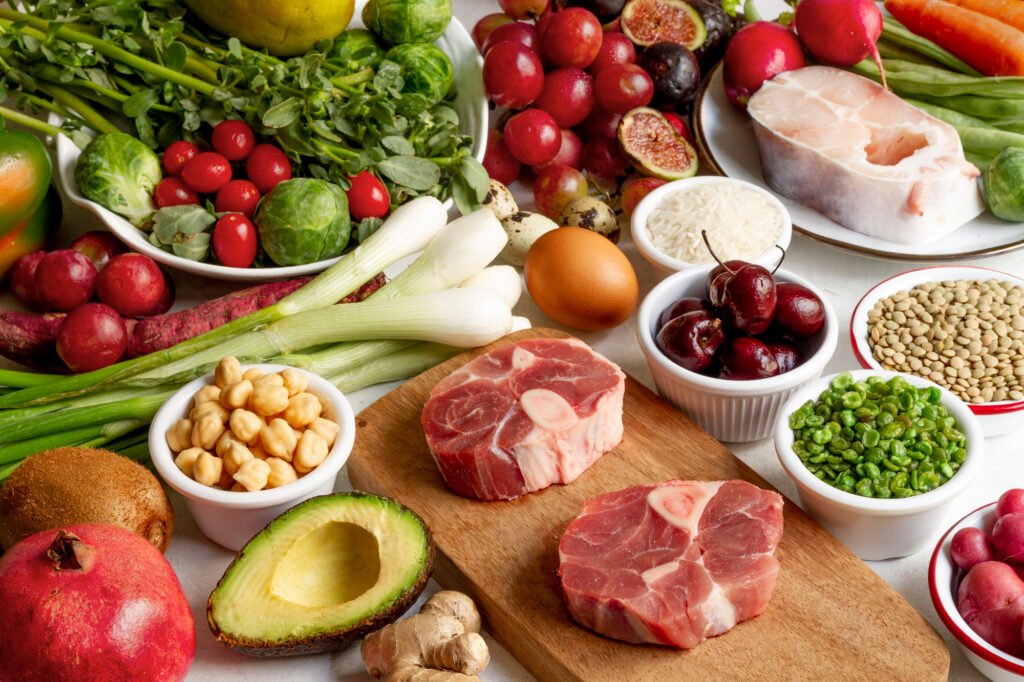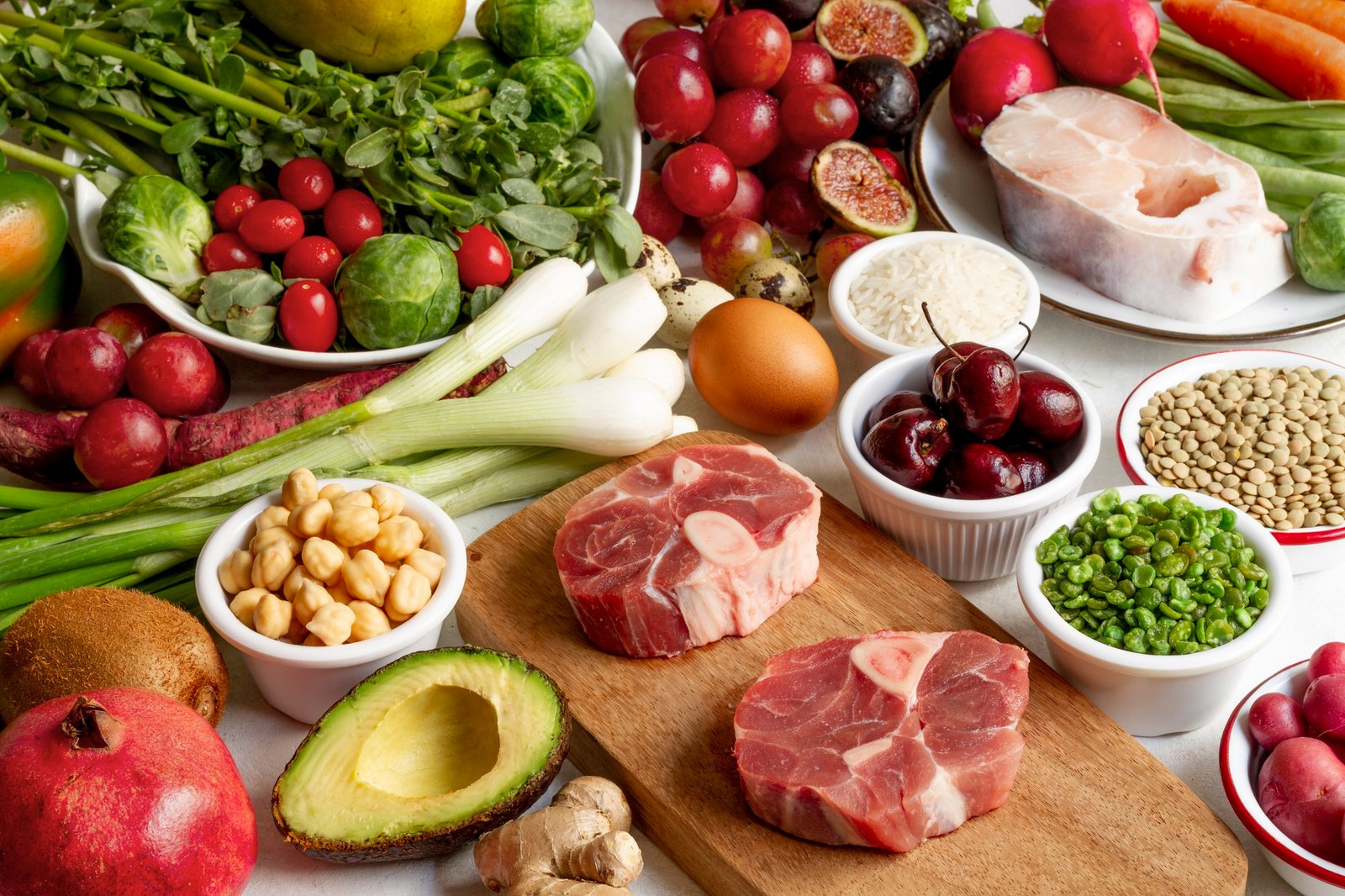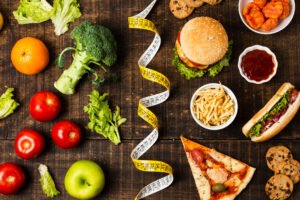
In the hustle and bustle of modern life, our bodies often face a silent assailant – toxic buildup. The environment we live in, the food we consume, and even the air we breathe can expose us to a myriad of toxins, contributing to a potentially harmful accumulation within our bodies. In this blog, we will explore nutritional solutions that can aid in detoxification, promoting overall health and well-being.
Understanding Toxic Buildup: Sources and Consequences
Sources: Toxins infiltrate our bodies, including environmental pollutants, processed foods, pesticides, and even stress. Over time, these toxins can overwhelm our natural detoxification mechanisms, leading to their accumulation in organs and tissues.
Consequences: Over time, the accumulation of toxins can burden our organs, particularly the liver and kidneys, responsible for detoxification. Toxic buildup has been linked to a range of health issues, including fatigue, digestive problems, skin disorders, and even chronic diseases.
The Role of Nutrition in Detoxification
Nutrients as Detox Allies: Fortunately, our bodies have a sophisticated detoxification system, primarily driven by the liver and supported by various nutrients. These nutrients act as allies, aiding in the breakdown and elimination of toxins. Key players include antioxidants, vitamins, and minerals that enhance the body’s ability to neutralize and excrete harmful substances.
Antioxidants Combat Oxidative Stress: Antioxidants, such as vitamins C, E, and selenium, play a crucial role in combating oxidative stress induced by toxins. They neutralize free radicals, reducing the risk of cellular damage and inflammation.
Support from Detoxifying Foods: Certain foods are renowned for their detoxifying properties. Cruciferous vegetables like broccoli and kale contain compounds that support liver detoxification processes. Fiber-rich foods, such as fruits, vegetables, and whole grains, aid in promoting regular bowel movements, and facilitating the elimination of toxins.
Understanding the Body's Natural Detoxification Processes
Before delving into the role of nutrient-rich foods, it’s essential to comprehend the body’s intricate detoxification pathways. The liver, kidneys, lungs, skin, and digestive system collectively form a formidable defense against toxins. These organs work in harmony to neutralize and eliminate harmful substances, safeguarding the body from the adverse effects of toxic buildup.

The Crucial Role of Nutrient-Rich Foods
Antioxidant Powerhouses: Nutrient-rich foods, particularly those abundant in antioxidants, play a pivotal role in detoxification. Antioxidants neutralize free radicals generated during the breakdown of toxins, preventing cellular damage. Berries, leafy greens, and colorful vegetables are rich sources of these potent compounds. Berries, along with blueberries, strawberries, and raspberries, are rich in antioxidants. These compounds combat oxidative stress, reducing the burden on the body’s detoxification pathways.
Liver Support with Cruciferous Vegetables: The liver, a central player in detoxification, benefits immensely from nutrient-rich foods. Cruciferous vegetables like broccoli, Brussels sprouts, and kale contain sulfur compounds that support the liver in processing and eliminating toxins. These vegetables also stimulate the production of enzymes crucial for detox.
Detoxifying Greens: Leafy greens such as spinach, kale, and Swiss chard offer a myriad of nutrients, including chlorophyll. Chlorophyll has been linked to liver detoxification and may assist in the elimination of toxins.
Fiber for Digestive Health: A diet rich in fiber is fundamental for supporting the digestive system’s role in detoxification. Fiber promotes regular bowel movements, preventing the reabsorption of toxins in the intestines. Whole grains, fruits, and veggies are wonderful assets of nutritional fiber.
Hydration for Kidney Function: Adequate hydration is a simple yet powerful detox strategy. Water-rich foods like cucumber and watermelon contribute to hydration, supporting kidney function in the filtration and elimination of toxins. Infusing water with lemon or cucumber adds a refreshing twist while providing additional detoxifying benefits.
Citrus Fruits’ Vitamin C Boost: Citrus fruits like oranges, lemons, and grapefruits provide a burst of vitamin C. This antioxidant not only supports the immune system but also aids the liver in synthesizing and eliminating toxins.
Turmeric’s Anti-Inflammatory Boost: Turmeric, with its active compound curcumin, boasts anti-inflammatory properties that complement the detox process. Incorporating turmeric into dishes or enjoying a golden milk latte can contribute to overall detoxification support.
Probiotics for Gut Health: Nutrient-rich foods containing probiotics foster a healthy gut environment. Yogurt, kefir, sauerkraut, and kimchi introduce beneficial bacteria, promoting a balanced microbiome essential for efficient toxin elimination.
Practical Tips for Incorporating Nutrient-Rich Foods
Diversify Your Plate: Aim for a colorful and diverse plate, incorporating a variety of fruits, vegetables, whole grains, and lean proteins. Each color and category offers a unique array of nutrients beneficial for detoxification.
Prioritize Organic Choices: Opt for organic produce to reduce exposure to pesticides and additives that may contribute to toxic overload when possible.
Mindful Cooking Methods: Choose cooking strategies that keep the dietary content material of foods. Steaming, sautéing, and roasting at lower temperatures help retain the potency of vitamins and antioxidants.
In the grand composition of our bodies, nutrient-rich foods play a pivotal role in nurturing the detoxification symphony. By incorporating a colorful array of fruits, vegetables, whole grains, and spices into our daily repertoire, we empower our bodies to thrive amidst the challenges of the modern world. With each nutrient-packed bite, we amplify the harmonious melody of detoxification, ensuring that our internal orchestra resonates with vitality, resilience, and a harmonious balance.


